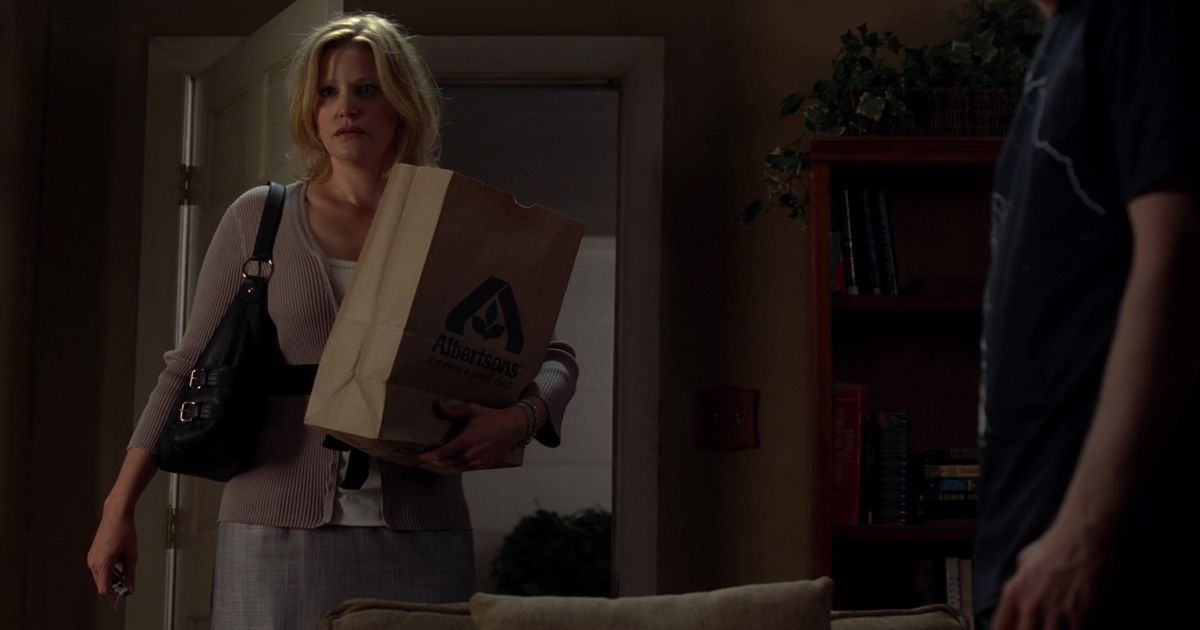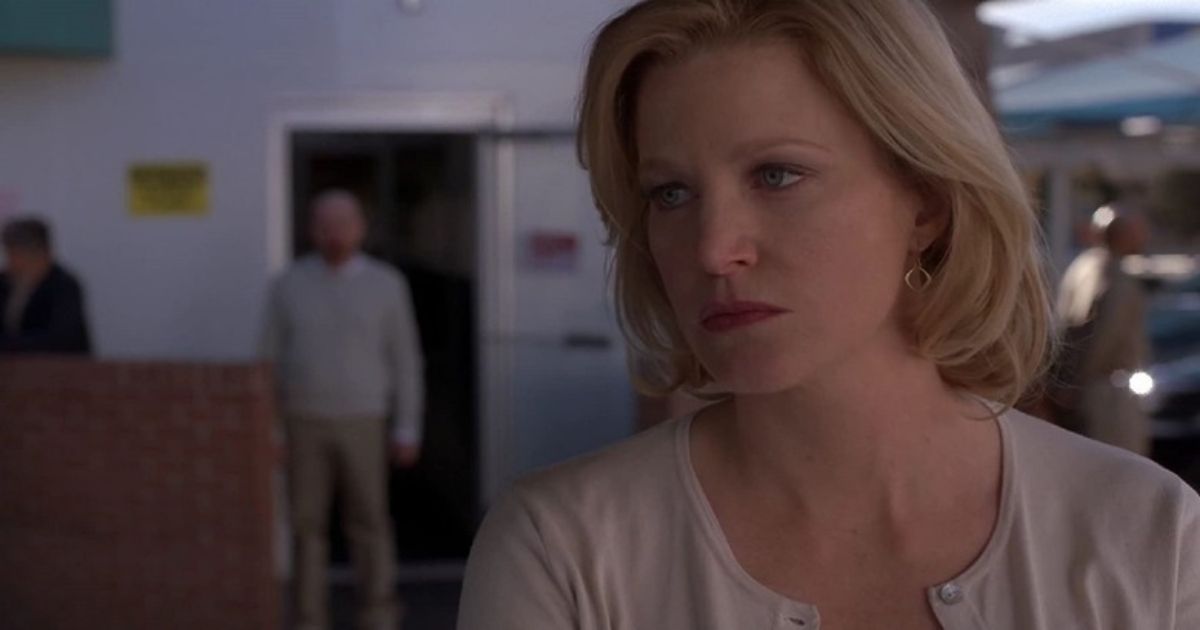The duty of any great piece of art is to force the viewer to confront their own perception and morals in the hopes of making them a more attentive person. If it only entertains, then it hasn’t properly done its job. Even films or programs that appear to have no moral message (Pulp Fiction, Seinfeld, etc.) are rich in storytelling and psychological understanding of how human beings tend to behave, extracting their utility in the way it shows their characters and stories. When it comes to the television show Breaking Bad, the lines between good and evil appear to be blurred and bleak, offering what appears to be a glorification of violence and misdeeds, almost at times forcing us to root for its main protagonist, the enigmatic and iconic Walter White (aka Heisenberg).
You’re probably already aware of Breaking Bad’s simple, but somehow relatable premise. After Walt is diagnosed with inoperable lung cancer, he decides to put his genius-level intellect to work by cooking meth for whoever is willing to buy it, launching a string of events that would conclude in the destruction of his family. The entire show revolves around his perspective, and we as an audience are forced to look at anything hindering his goals as obstacles or thorns by the side. None seem more apparent than the show’s treatment of Walter’s wife, Skyler White. However, a thorough and comprehensive observation into what the show was actually trying to do will demonstrate to us that not only was Skyler a victim of Walter, but the very personification of its audience, showing us how deep and traumatizing it is to have your entire life turned upside down.
Lied to and Manipulated
To better understand Skyler’s struggle, it would be prudent to compare her to another fascinating character of TV’s Golden Age: Carmela Soprano. In terms of morals and ethics, Carmela serves as an almost perfect contrast to Skyler. While Skyler was put in this situation through deception and manipulation by Walter, Carmela was fully aware of her husband Tony’s illegal and downright murderous activities. Their behavior couldn’t be farther apart, and as both shows progress the more you start to understand they represent very different ideas. Carmela represents total awareness; Skyler represents victims of treachery. For the first two seasons, Walter is able to keep his activities a secret, lying and scheming his way to a position of impunity by using his disease, mental state, and overall frustrations in life as his ace in the hole. When the truth is out of the bag, her reaction is to feel manipulated, anger, frustration, and pure contempt for what her husband decided to do. In her mind, Walter was a sweet and good man, a functional and honorable member of society. When the façade is all but gone, her first impulsive reaction is to flee and find a new life.
Kept Hostage
Walter practically started treating Skyler as his personal hostage, refusing to let her go and pretty much locking himself inside the house to ensure she doesn’t. Her affair with Ted Beneke, while morally questionable, was a clear psychological attempt at escape, hoping this makes Walt angry enough to leave. However, as the affair continued, the more Skyler began to push towards Walt out of feelings of guilt. Their short separation was a blissful moment of clarity, soon gone by the immense fear and pressure she feels towards the whole situation. It is unclear whether Skyler remained out of love and loyalty or fear of the consequences (both ideas were thoroughly explored through the course of the third season), but the clear deterioration of her mental state is a glaring and obvious effect of this decision.
Walter plays a cunning and emotional game, affirming his actions were a result of his desire to provide for his family, promising her he would stop as soon as it isn’t necessary to continue. It is made clear to the audience this is nothing more than a tactic to keep her at bay, and Skyler can subconsciously see through the foil, but is never able to accept this wholeheartedly. As a result, Walter remains in her life as a batting range.
Used For Personal Gain
The more inescapable Walter’s grasp on her psyche becomes, the more she relents and begins to help out in what appears to be a case of Stockholm Syndrome. By (somewhat correctly) believing she is now legally complicit in her husband’s activities, Skyler becomes more involved in laundering Walt’s money. The more involved she becomes, the more this affects her judgement, making a bevy of decisions that would undo certain fail-safes Walt had set up in case things went haywire. By the end of season four and the beginning of season five, her mental state had deteriorated to the point it was becoming increasingly difficult to put up a false smile in front of her sister, Marie, and brother-in-law, Hank. In order to deviate attention to the truth, Walt tells Marie about her affair, further compromising her image and firmly establishing the stronghold he has on her.
Broken Beyond Repair
While the show makes perfectly it clear Skyler is not the goody innocent victim many claim her to be, it thoroughly presents her as a complex character dealing with a very unique and almost impossible situation to escape from. The clear person to blame for her predicaments almost lies solely on Walt. Through many carefully crafted moments, Walter is given every opportunity available to pay for his treatment and secure his family’s future, only to reject them out of pride and ego. He put his emotional wellbeing above the rest of his family, because he felt like a pushback loser who needed some respect. Everything he touched during the course of the series ultimately turned to dust.
In the end, Skyler ends up as a broken woman, completely devoid of happiness and battered mentally beyond recognition. The warmth and maternal side of her is all but gone, reduced to an obligation and survival tool. Her final encounter with Walter shows the grim side of his actions, abandoned and alone, almost as radioactive material, living on the outskirts of the city in a small and poorly maintained area. We empathize and understand she was nothing more than a pawn for Walter, a Machiavellian way for him to feel superior and in control. In a way, this is parallel to the way we as an audience are treated by the show itself, constantly doubting and judging ourselves on whether we should look forward to Walter succeeding or not. One can only hope that she may find solace wherever she ultimately ends up.





